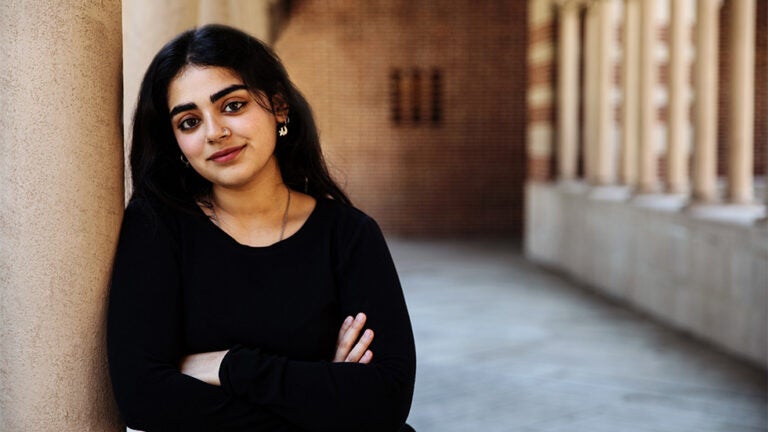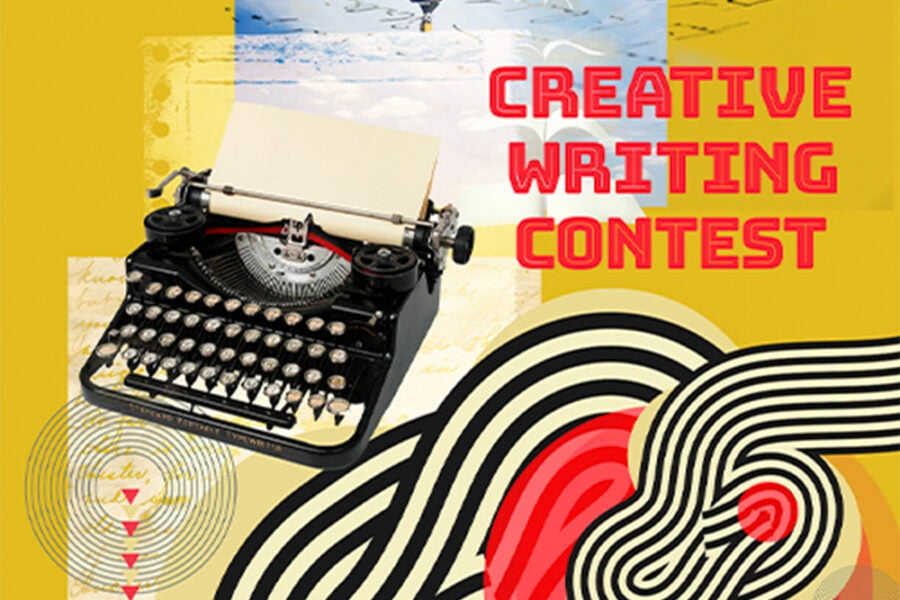
There was a clay cup in my family, handed down from the generations. When it was my turn, I looked after it with naive ambition. It was a beautiful cup, crimson and flawless, showing no signs of its age. Blue designs streaked across it, like lines on a map. I showed this cup to everyone I met. I didn’t realize that precious things shouldn’t be accessible to the world.

When I was 16, for the first time, a boy asked to drink water from my cup. I gave it to him, so excited for him to notice the details I see every day. I wanted to hear him say that even ordinary water tasted magical from this cup. I should have thought twice, but I was too young to know any better. He said it was an accident, the cup just slipped from his grip, and he didn’t mean it. If I think back now, I will swear he dropped it with purpose. What I do know for sure, is that he made no move to catch it as it fell. I sank to my knees and cried over the broken pieces of my cup, while he offered his superficial excuses, before finally, leaving me alone.
It took me a week to find the pieces of the cup from where they had scattered. I laid them all out on the floor and looked at them through tearful eyes. I was so sure that I was missing a part. The boy must have stepped on it on his way out. I’ll never find it again. My broken cup will always be missing a section. No one will ever drink out of this cup again.
A year later I was so thirsty. I needed water from my cup, and I decided I was going to make that happen, no matter what. I sat down with the pieces and slowly, carefully, with all the love I could muster, I joined the pieces together. The lacquer I used was mixed with gold. It took me almost a year to fully heal my cup. And when I was done, it was beautiful. I could see where it had cracked, but the gold lines just made it more valuable.
Now I am certain, there is no cup like this in the whole world.
In five brief paragraphs, Azka Sattar gets to the heart of the matter, evoking love and loss and reconciliation, finding strength and restoration in the simplest of gestures, the reconstruction of a broken cup.
About the Winner
Azka Sattar grew up in Pakistan and started writing stories as a child to express herself.
Recently, her writing has been inspired by music, particularly by songs in her native language, Urdu.
“They are mostly rap songs that, for me, convey feelings English songs don’t fully capture,” she says. “When I write, I try to express those emotions in a story.
“I hope ‘Persist’ conveys that the experiences that we go through, even if they are difficult and heart breaking, can still be healed into beauty.”
After graduating next year, Sattar aims to earn a PhD and put her psychology degree to good use by working as a clinical therapist for adolescents. She also plans to continue writing. “It’s always been my dream to publish a few books — a passion to pursue alongside my prospective career as a therapist.”
USC Dornsife Magazine Creative Writing Contest, Spring / Summer 2024 Runner Up

